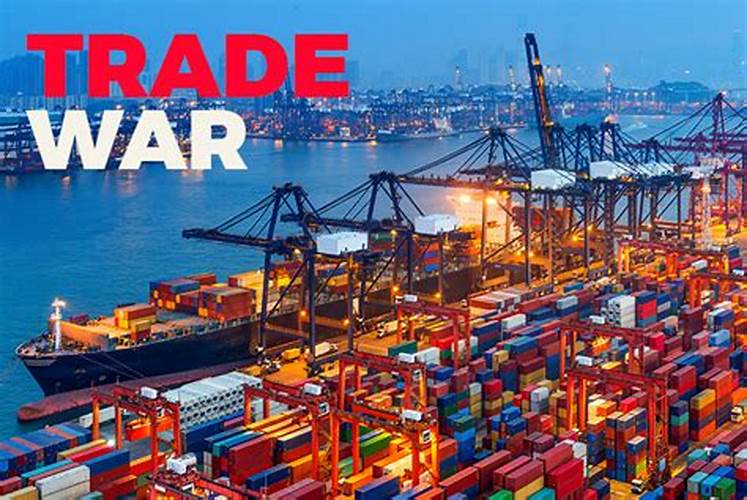India, Brazil, Vietnam at High Risk of US Reciprocal Tariffs, Says Fitch
India, Brazil, and Vietnam are facing an increased risk of reciprocal tariffs from the United States, as per a recent report by global ratings agency Fitch. The report highlights that emerging economies, where the tariff rates imposed on US exports are significantly higher than those faced by their own imports from the US, are likely to be targeted by former President Donald Trump’s trade policies. This development comes amid concerns about trade imbalances and protectionist measures that could impact global trade dynamics.
According to Fitch, countries such as India, Brazil, and Turkey have some of the highest tariff differentials when compared to the US. The tariff gap between India and the US stands at 3.8 percentage points on a trade-weighted basis and 8.7 percentage points on a simple average basis. India imposes an average tariff of 12.4% on US products, whereas the US levies only 3.7% on Indian goods. Similarly, Brazil has a tariff differential of 10 percentage points, while Turkey follows closely with an 8.8 percentage point difference. These figures indicate a significant disparity, which has put these nations at a higher risk of facing retaliatory tariffs.
Fitch also pointed out that among the various product categories, food products have the highest tariff differential of 40% between India and the US. Other sectors such as animal products, stone, and glass also experience substantial tariff imbalances. However, in the textiles sector, the US imposes a higher tariff, leading to a negative differential of 1.6%. Consumer and intermediate goods have also been identified as categories with a higher tariff gap, further adding to trade tensions between the two nations.
India has been running a trade surplus of $44 billion with the US, a figure that has been a point of contention for the Trump administration. The former US President has been pushing India to lower its trade barriers, failing which reciprocal tariffs are set to take effect from April 2. These potential tariffs could disrupt India’s export market and impact industries that rely on US trade.
Unlike many of the US’s major trading partners—such as Canada, Mexico, Australia, Chile, Japan, and South Korea—India does not have a free trade agreement with the US. These nations benefit from lower bilateral applied tariff rates, which helps minimize trade imbalances. India, on the other hand, has been actively negotiating a bilateral trade deal with the US in an attempt to mitigate the risks of reciprocal tariffs. American trade representatives have been in New Delhi from March 25-29 to discuss potential resolutions and prevent a trade conflict.
As the deadline for the US’s reciprocal tariffs approaches, India, Brazil, and Vietnam face increasing pressure to amend their trade policies. The potential escalation of tariff disputes could have far-reaching consequences on trade flows, manufacturing industries, and global market stability. Whether diplomatic negotiations will lead to a favorable resolution remains to be seen.
For more updates and detailed video news coverage, visit our YouTube channel, THE OLIGO.

